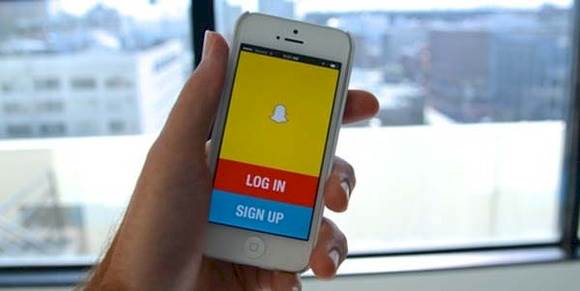Phishing scams are well known within technology circles, but this doesn’t mean those in the tech industry are immune as Snapchat discovered in February.
Snapchat, for those of you who are not aware, is a social media app which allows users to send each other photos and videos with a limited viewing time. Once that time is up then the media disappears forever. It’s proved to be phenomenally successful and the company is estimated to be worth $20 billion.
However, even with the funds available to invest in state of the art cyber security, they still found themselves falling foul of a good old fashioned phishing scam. We are going to show you what happened in order to equip you with the knowledge needed to avoid a similar occurrence.
How Was Snapchat Hacked?

The hack at Snapchat used a relatively simple phishing scam to gain access to sensitive employee data. The payroll department at Snapchat received an email which claimed to be from the company’s CEO requesting payroll information on employees. Unfortunately for the payroll department, this email was not genuine. It was a scam.
Not realizing the fraudulent nature of the email, an employee duly forwarded the required information to the hacker. The nature of the data disclosed has not been confirmed by Snapchat, but it’s suspected that it would include the following:
- Bank details
- Social security numbers
- Salary information
- Personal ID and addresses
Why Do People Still Fall for Phishing Scams?

It may seem strange that such a master of modern technology can fall victim to such a simple phishing scam, but it’s by no means unthinkable. These scams have evolved over time to become more sophisticated and it’s often their simplicity which makes them so deceptive.
In the case of the email sent to Snapchat purporting to be from their CEO, it’s more than likely that it genuinely appeared to have been sent by the CEO. With even the most basic software, it’s possible to fake outgoing email addresses and, if I wanted, it wouldn’t be difficult for me to send an email apparently from bill.gates@microsoft.com
And although this particular Snapchat employee was left thinking “I should have known better”, they most likely thought they were being a helpful employee and were keen to impress their CEO. However, it’s this type of tempting payoff which makes phishing scams so hard to resist.
The Aftermath of the Scam
To Snapchat’s credit, they responded fairly quickly and within four hours they had managed to confirm this was an isolated attack. A report was filed with the FBI and employees affected by the scam were offered two years’ worth of identity theft insurance and monitoring. More importantly, Snapchat underlined their determination to increase the intensity of their security training within the next few weeks.
Snapchat’s case highlights just how vulnerable even multibillion dollar corporations can be when confronted with even the simplest hacks. The importance of good quality security training which focuses on even the most intricate details of phishing scams is paramount to ensure yours and your customer’s data.
For more ways to secure and optimize your business technology, contact your local IT professionals.







